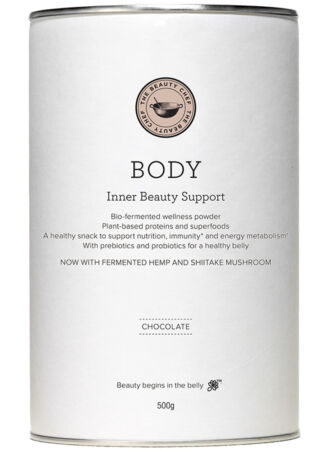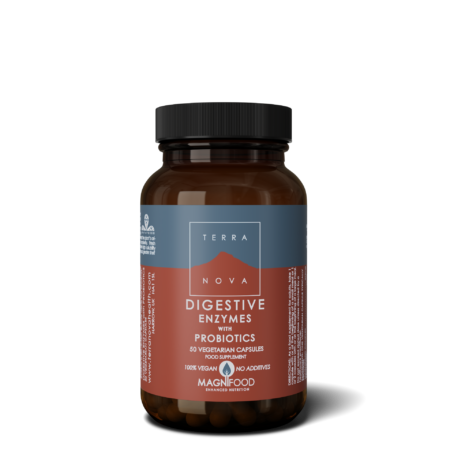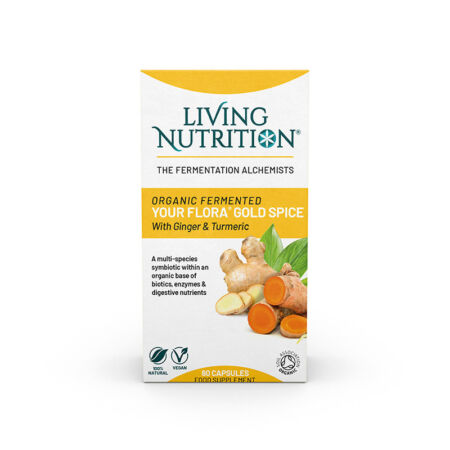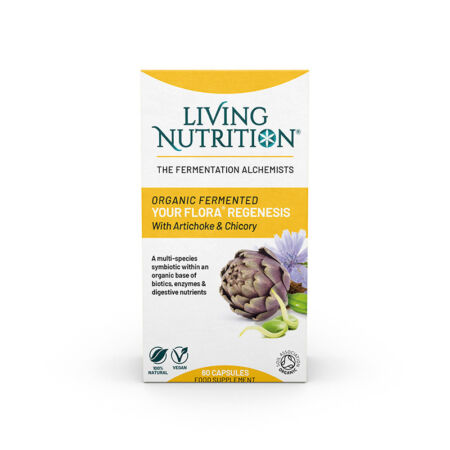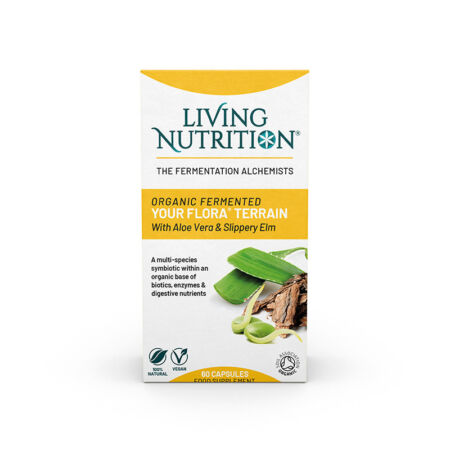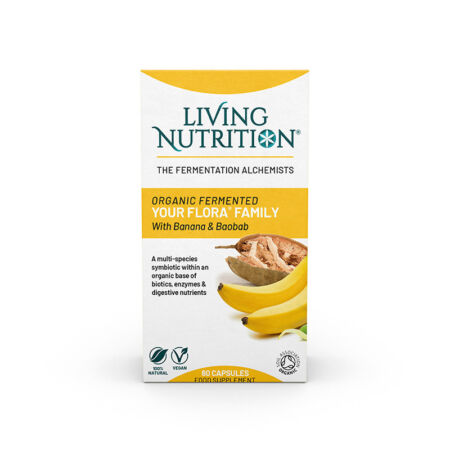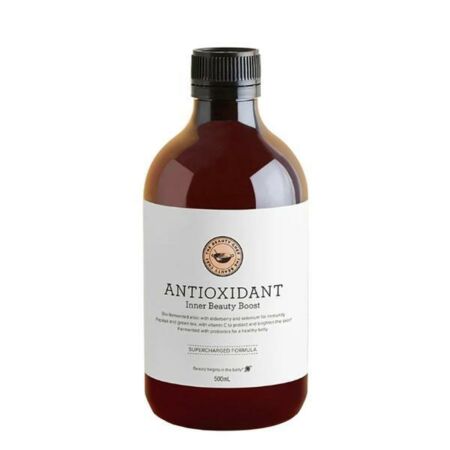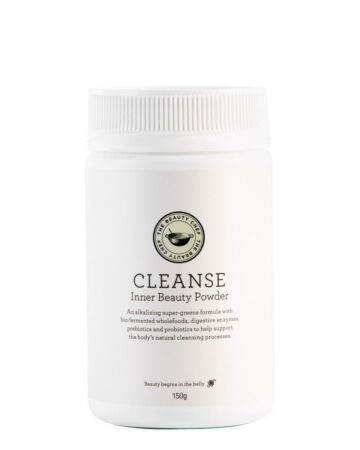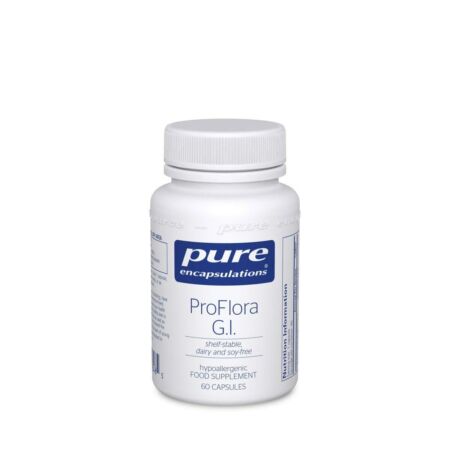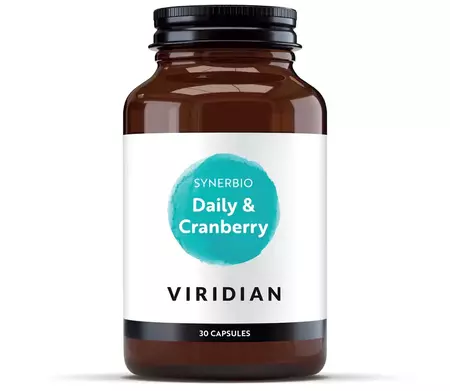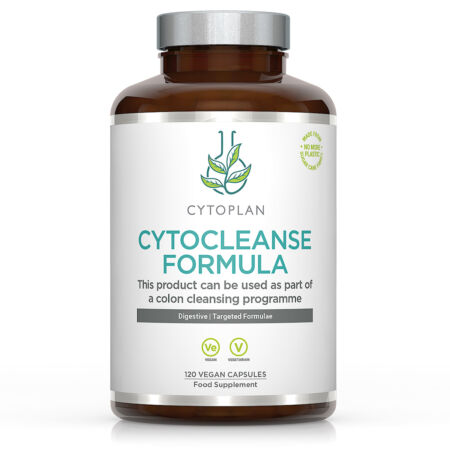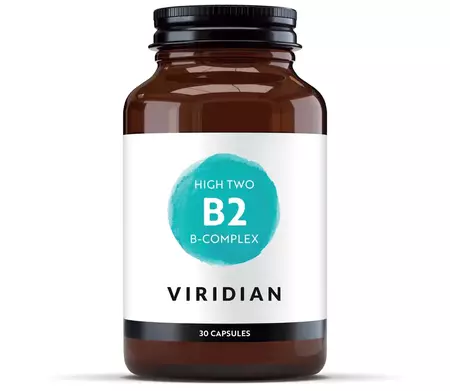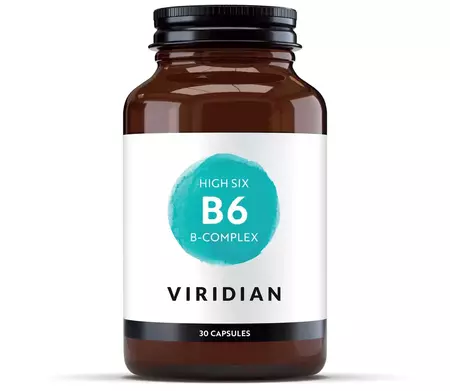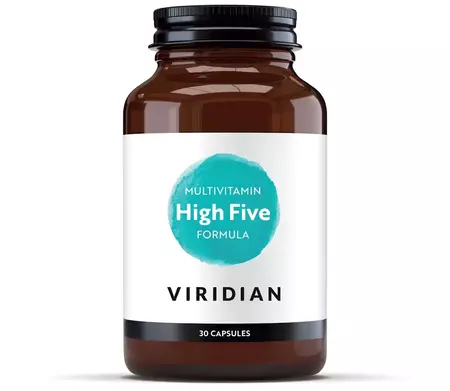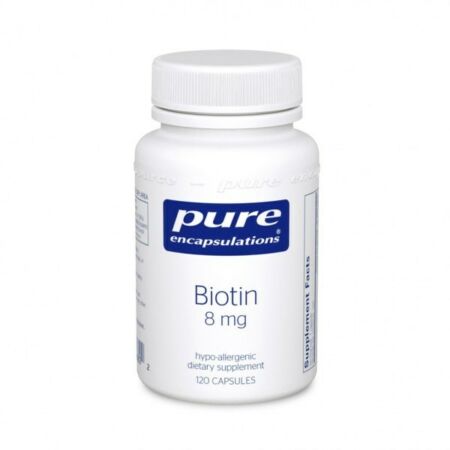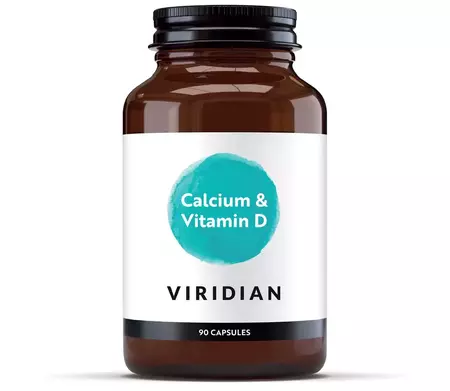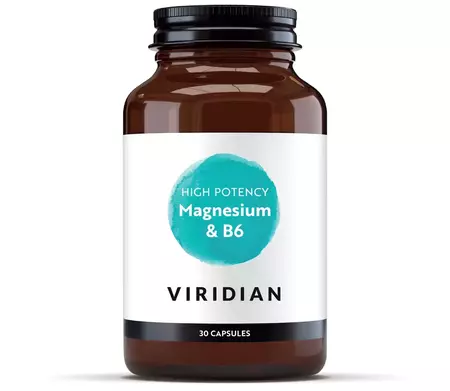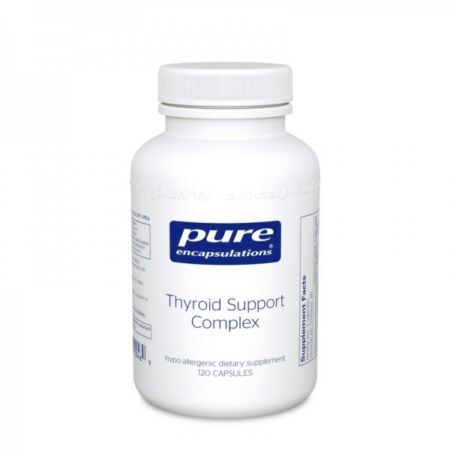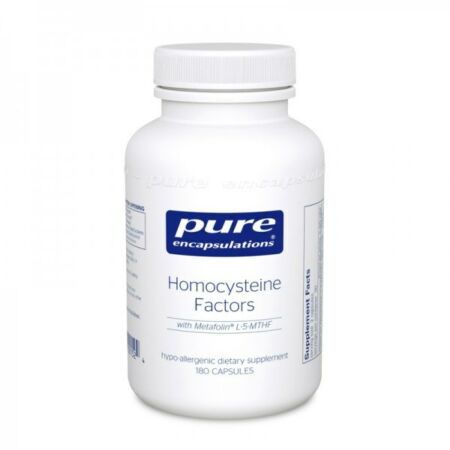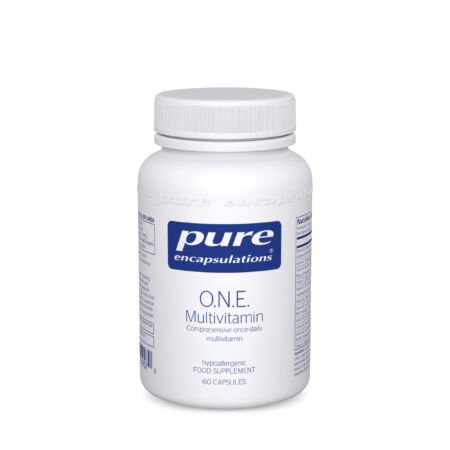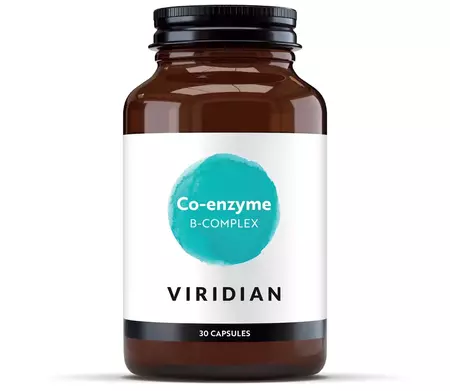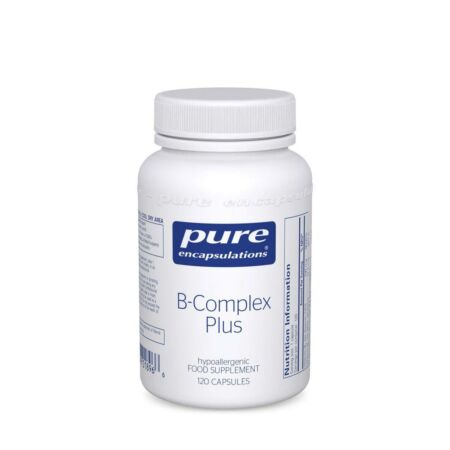We've all heard of the well-known saying, 'You Are What You Eat' but could your food also influence your emotional wellbeing and feel good factor?
With Spring well on its way bringing longer days with a little more warmth and sunshine, it seems to arrive with an emotional warmth too with smiles from passers by who have a spring in their step. I personally love this time of year with the new life of the colourful flowers in bloom, the buds coming through on the magnolia trees, cleavers and wild garlic coming through in the woods, the sound of the birds singing and the first sight of the all important bees. There are additional biochemical changes that are happening in our bodies too at this time of year. With the additional sunlight comes vitamin D and changes in the UV light that we are exposed to. Alongside the feel good factor of what we see, hear, smell and feel, could we use what we 'taste' to influence our feeling of wellbeing?
Emotional wellbeing is a complex issue that can be greatly influenced externally to our bodies by major events in life, behavioural conditioning and the day to day stressors that we all face in life. However, there are many factors coming from within our bodies in terms of nutrition, genetics, microbiome and lifestyle that also affect our mood. It also may be that low mood may solely be coming from these internal factors, where externally things may seem rosy to the outsider yet personality changes, depression, anxiety or low mood may be experienced. It is important to address the external elements contributing to low mood but what if we can also make positive changes internally using food and lifestyle to actually build our resilience and defences to help offset and even negate external contributing elements.
Firstly, we need to look at serotonin production. We need to optimise this in our bodies to provide us with the feel good factor. Serotonin is a neurotransmitter, a messenger in our nervous system bringing us feelings of wellbeing and happiness. However, the majority of it doesn't start life in our nervous system. It is actually primarily produced by enterochromaffin cells in the digestive tract that convert one of our dietary amino acids called tryptophan into serotonin. We therefore need to consider any issues with digestive health and microbiome balance as a critical part of optimising serotonin production alongside looking at dietary sources of tryptophan.
Tryptophan As A Precursor To Serotonin
We need to have adequate protein in our diet to provide the building blocks for serotonin, namely the amino acid tryptophan. Some foods are richer in tryptophan than others such as turkey, nuts, seeds, oats, dates, spirulina, lentils, bananas and eggs. From supplement form, the best form of tryptophan is a form called 5-HTP, which is the activated form of this amino acid. If you do opt for this in supplement form then ensure to take this away from other food sources of protein to maximise its efficacy as amino acids will compete for absorption with each other and prevent absorption of the tryptophan.
The Importance Of Digestive Health
The digestive system is often referred to as our second brain. When this is out of balance, this can affect our emotional wellbeing and vice versa. There is a gut brain axis where emotional state can affect the digestive system and equally digestive state can affect emotional wellbeing. A simple example here is when we are stressed about something, be it travel or a big presentation, our digestive systems respond usually presenting with transit time changes such as diarrhoea or constipation. Equally, when our digestive microbiome is imbalanced, this has been linked to changes in mood and feelings of wellbeing.
It is early days in our understanding of this area and most human studies are short and small scale. However, research in this field does show promising results, as does my personal experience of addressing this area. One such study published in 2015, showed that multi-strain probiotic supplementation over a 4 week period was associated with reduced negative thoughts and also reduced aggression and rumination associated with bad mood[1]. A previous larger scale study also reported that probiotics may have beneficial consequences on mood and psychological distress[2]. This same study also reported decreased self reported anxiety and reduced urinary cortisol, an adrenal hormone that our bodies release in response to stress.
There are also links here to our healthy gut flora elevating levels of other neurotransmitters such as tyramine, GABA and dopamine, all of which affect mood. The gut flora may also play a role in directly producing small molecules which may have the potential to act as neurotransmitters and in turn influence neurological function[3].
It is therefore of utmost importance to address digestive health at the centre of improving mood and enhancing optimal feelings of wellbeing. This is especially true at this time when many factors affect our natural digestive balance from antibiotics to stressors and exposure to toxins. Good levels of dietary fibre act both as a prebiotic for the health of the microbiome but also ensure good transit time, which in turn reduces the toxic burden on the system which can also be associated with low mood. Fermented foods had also gone out of favour but thankfully have come back into the spotlight in recent years as these can also support the health of the microbiome and in turn the digestive system itself. And of course, probiotic supplements may be a useful adjunct to support our emotional wellbeing.
Many nutrients or indeed, lack of nutrients, influence our mood but both B vitamin status and vitamin D status are two of the most important considerations. Firstly, vitamin D has long since been studied for its association to mood and depression with varying efficacy. This may be in part due to the fact that efficacy may be more favourable if vitamin D levels are initially deficient at the start of the study period and if someone has adequate levels to start with then the efficacy will indeed be limited. However many of these studies do not initially test to see whether this may be a factor. A recent systematic review of previous studies did a critical appraisal and deemed that supplementation of greater than 800IU daily was somewhat favourable in the management of depression in studies that demonstrate a change in the vitamin levels and the effect size was comparable to that of anti-depressant medication[4]. It is therefore important to assess vitamin D status to indicate whether this might be playing a potential role in low mood.
Vitamin D is our sunshine vitamin hence a reason we may feel more uplifted when the sun shines. Supplementation with vitamin D may be important where lack of sunshine exposure is a factor. Some foods such as salmon, eggs, butter and mushrooms do provide us with some vitamin D but not nearly as much as sunlight. However, a couple of tips to optimise intake from foods would be to eat wild salmon instead of farmed as this has a much higher vitamin D content and leave your mushrooms out of the fridge for half an hour prior to cooking as the clever little things will still manufacture vitamin D from the UV exposure and hence this will maximise your intake.
B vitamins are also extremely important in relation to optimising mood and dietary intake, microbiome and genetic factors may all play a role here. Dietary intake of B vitamins is an important factor but then we rely on some metabolic processes such as: production of intrinsic factor from the parietal cells in the stomach to absorb our vitamin B12, conversion of B vitamins by our healthy gut flora again highlighting importance of the microbiome and also genetic factors which may affect methylation of B vitamins. These genetic factors may mean that some people may have a higher predisposition towards anxiety and low mood due to their genetic make up. It is therefore important to get a varied diet and if supplementing with B vitamins, choosing a methylated form may be a better choice[5].
Other dietary considerations include a reduction in refined sugar which has a pro-inflammatory effect on the system. Also assessment of intolerance to gluten may be something to rule out, indicated with general fatigue and digestive transit changes following dietary consumption. Functional testing may also be used to assess whether this is a factor. Processed foods and chemical additives may also affect mood considerably and should be considered on a case by case basis. Dietary depressants such as alcohol intake should also be moderated if not excluded to optimise mood.
Lifestyle considerations are of great importance, for example social networks are extremely important when it comes to achieving good mood and in todays era of socialising online with less human contact, this has become increasingly important.
This is also true for increased stressors in todays fast paced society. Our stress hormones are constantly activated with email or should I say e-mither, phone messages, constant information via the internet, not to mention blue light from devices at night affecting our natural balance of light and circadian rhythm. However, we can use this technology in a positive way and there are many apps that may be useful here such as switching your phone to Night Shift to prevent late night blue light exposure or better still, having a couple hours of technology detox prior to bed.
Downtime is an important factor and although meditation isn't for everyone, one study looked at dopamine release during meditation and noted its positive effect on mood[6]. Whether meditation or not, it is important to allow the body to switch to a parasympathetic nervous system state which is our rest and digest state.
Exposure to light can be helpful too, hence the use of light boxes in Seasonal Affected Disorder (SAD). In fact, it has been shown that serotonin levels are higher on postmortem examination of those who died in summer than those who died in winter[7]. Exercise is also an essential consideration with its links to optimising serotonin production for the feel good factor! A brisk walk on a sunny day with the phone off followed by a good nutritious meal will go a long way to lift your spirits!
In summary, optimising mood through food and lifestyle requires multiple approaches to assess potential macro or micronutrient deficiencies and indeed microbiome imbalances and then putting the appropriate measures in place to correct these.
[1] Steenbergen, Laura et al. "A Randomized Controlled Trial To Test The Effect Of Multispecies Probiotics On Cognitive Reactivity To Sad Mood". Brain, Behavior, and Immunity 48 (2015): 258-264.
[2] Messaoudi, Micha�l et al. "Assessment Of Psychotropic-Like Properties Of A Probiotic Formulation ( Lactobacillus Helveticus R0052 And Bifidobacterium Longum R0175) In Rats And Human Subjects". British Journal of Nutrition 105.05 (2010): 755-764.
[3] Sampson, Timothy R. and Sarkis K. Mazmanian. "Control Of Brain Development, Function, And Behavior By The Microbiome". Cell Host & Microbe 17.5 (2015): 565-576.
[4] Spedding, Simon. "Vitamin D And Depression: A Systematic Review And Meta-Analysis Comparing Studies With And Without Biological Flaws". Nutrients 6.4 (2014): 1501-1518.
[5] Lewis, John E. et al. "The Effect Of Methylated Vitamin B Complex On Depressive And Anxiety Symptoms And Quality Of Life In Adults With Depression". ISRN Psychiatry 2013 (2013): 1-7.
[6] Kjaer, Troels W et al. "Increased Dopamine Tone During Meditation-Induced Change Of Consciousness". Cognitive Brain Research 13.2 (2002): 255-259. Web.
[7] Young SN. "How To Increase Serotonin In The Human Brain Without Drugs" ISRN Psychiatry 2007 (2007): 194-399.


